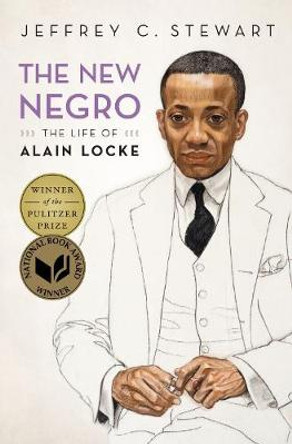Description
About the Author
Stewart Duncan is Associate Professor of Philosophy at the University of Florida, where he has taught since 2005. He is the author of numerous articles on Hobbes, Leibniz, and other seventeenth-century philosophers, and the editor (with Antonia LoLordo) of Debates in Modern Philosophy (Routledge, 2013).
Reviews
In its great clarity and remarkable conciseness, the work starts from seemingly simple considerations about both classic and familiar questions, and ends up with relatively complex and subtle ones. This subtlety and this prudence are certainly in the image of Locke's thought itself. The concise and careful expression can certainly produce from time to time in the reader eager for certainties a feeling of dissatisfaction. However, taken to its conclusion, reading the work allows one to have a clear, articulated and nuanced vision of the various philosophical questions posed by the alternative between materialism and dualism, an alternative which here plays a structuring role in the construction of the arguments developed by the authors. * Eric Marquer, Archives de philosophie *
It will be useful to specialists who work on materialism in a historical context, as well as to those with a general interest in this period in philosophy. * M. A. Michael, CHOICE *
Stewart Duncan has written a masterly study of a major debate in seventeenth-century philosophy. Duncan acutely analyses the contributions made by both the canonical philosophers and lesser-known figures; he also illuminates the connections between the debate over materialism and other philosophical issues in the period. The book is written with exceptional clarity, and will be accessible to the general reader as well as to specialists. * Nicholas Jolley, University of California, Irvine *
Anyone interested in early modern philosophy will want to read this beautifully written book. Stewart Duncan is a judicious guide to and analyst of key episodes in the seventeenth century debate surrounding materialism. One result is a new appreciation for some subtleties of Locke's infamous and influential defense of the epistemic possibility of thinking matter, as well as a better understanding of where that view stands in relation to a range of positions and arguments that preceded it. * Lisa Downing, The Ohio State University *
Duncan's book is noteworthy not just for focusing on non-canonical figures such as Cavendish, but also for breaking new ground by illuminating the connections between the debate over materialism and other issues such as innate ideas... Duncan's book is a fascinating study of a major seventeenth-century debate that has not yet received all the attention it deserves. Although his interpretations are open to question in places, Duncan succeeds in illuminating a host of issues and figures, both canonical and non-canonical. The book is written with exceptional clarity and will be accessible to undergraduates and specialists alike; it should be read by anyone with a serious interest in early modern philosophy. * Notre Dame Philosophical Reviews *
Stewart Duncan has written an important contribution to ongoing work on early modern materialism, in this case in the English context, focusing on Hobbes and Locke... I can conclude this review in praising Duncan's book once again. It is at times deceptively straightforward and plain-talking, but in fact manages to shed new light on vexed and seemingly familiar topics. * Hobbes Studies *
Stewart Duncan's excellent book Materialism from Hobbes to Locke offers an insightful study of the debates concerning materialism during the seventeenth century... Duncan's book makes a major contribution to scholarship on the debates over materialism in seventeenth-century philosophy. He shows with clarity and depth how different philosophers challenge Hobbes's materialism and developed alternative views about the human mind, God, and surrounding philosophical issues...All of this is clearly invaluable work, but I also see scope for future research on this topic, which expands on Duncan's work... I highly recommend this well-researched, engaging, and insightful book to anyone interested in early modern debates over materialism. I expect that it will be an important source for future scholarship on this topic. * British Journal for the History of Philosophy *
This elegant volume makes a strong case for the historical importance, and intrinsic interest, of materialism in seventeenth century English philosophy Duncan's book is an important new contribution...In conclusion: there is a welcome directness, and charity, even humility, throughout this concise volume. Duncan clearly knows his stuff; but there is no boasting or exaggerated theorizing. He hews closely to the texts and draws only modest conclusions, when no more is justified. Like Locke himself, Duncan appreciates the immense difficulty of the materialism question, and does not pronounce more than is warranted. This makes for an edifying and generous study, which might be returned to often by scholars and students of early modern European metaphysics. * Philosophy in Review *
This elegant volume makes a strong case for the historical importance, and intrinsic interest, of materialism in seventeenth century English philosophy. * Geoffrey Gorham, Philosophy in Review *
Book Information
ISBN 9780197613009
Author Stewart Duncan
Format Hardback
Page Count 248
Imprint Oxford University Press Inc
Publisher Oxford University Press Inc
Weight(grams) 386g
Dimensions(mm) 150mm * 218mm * 28mm






